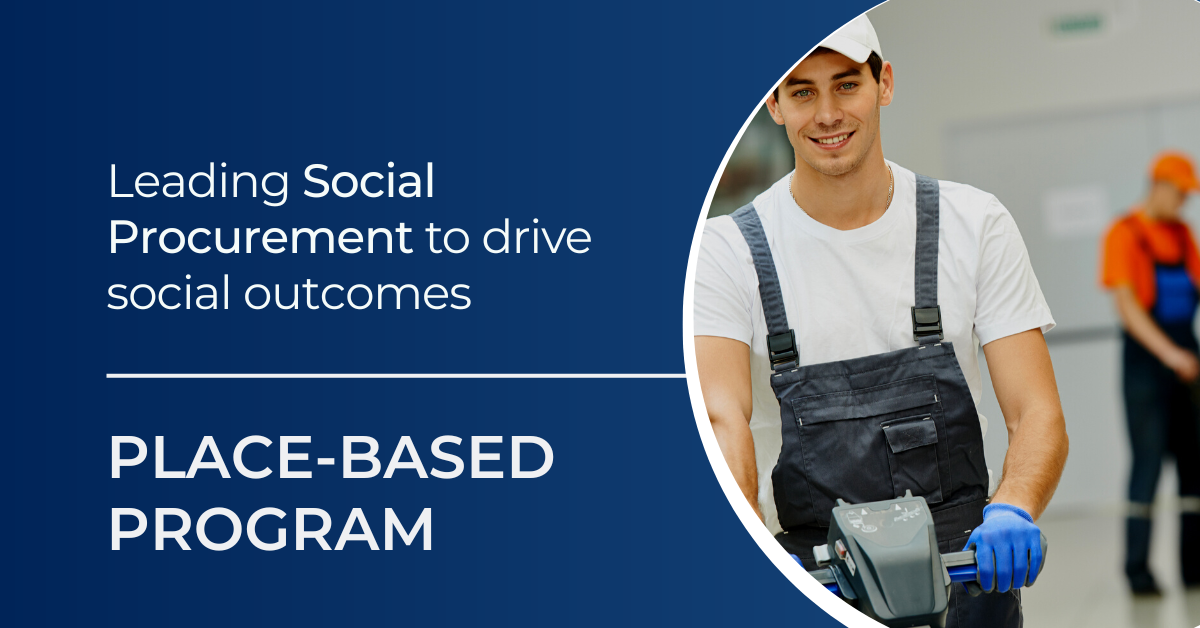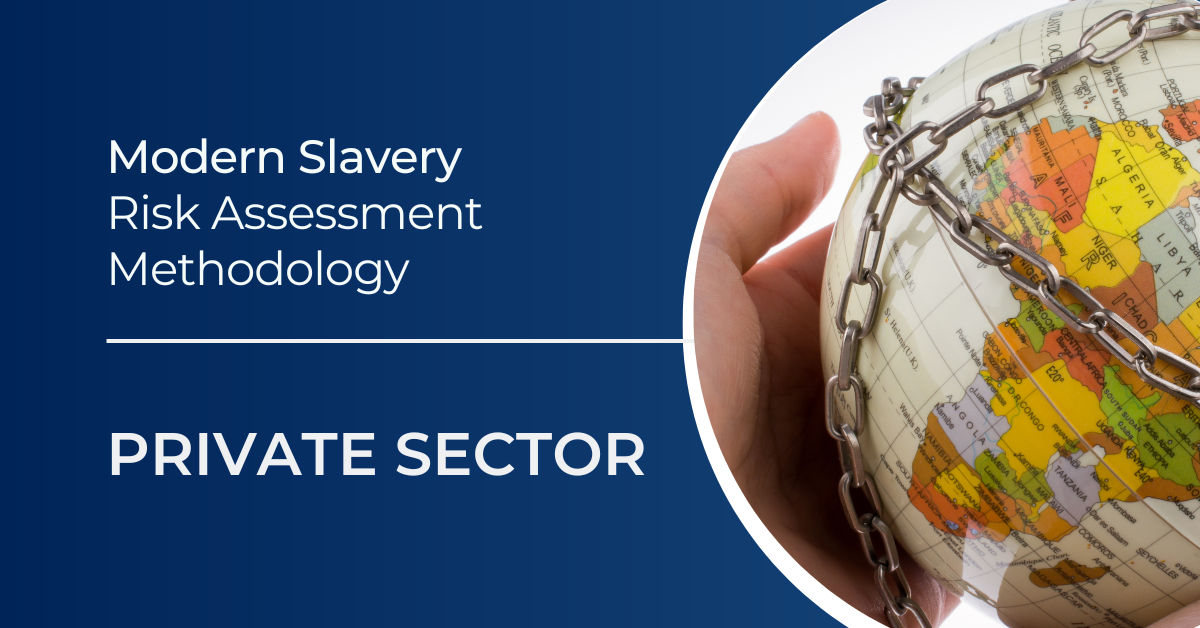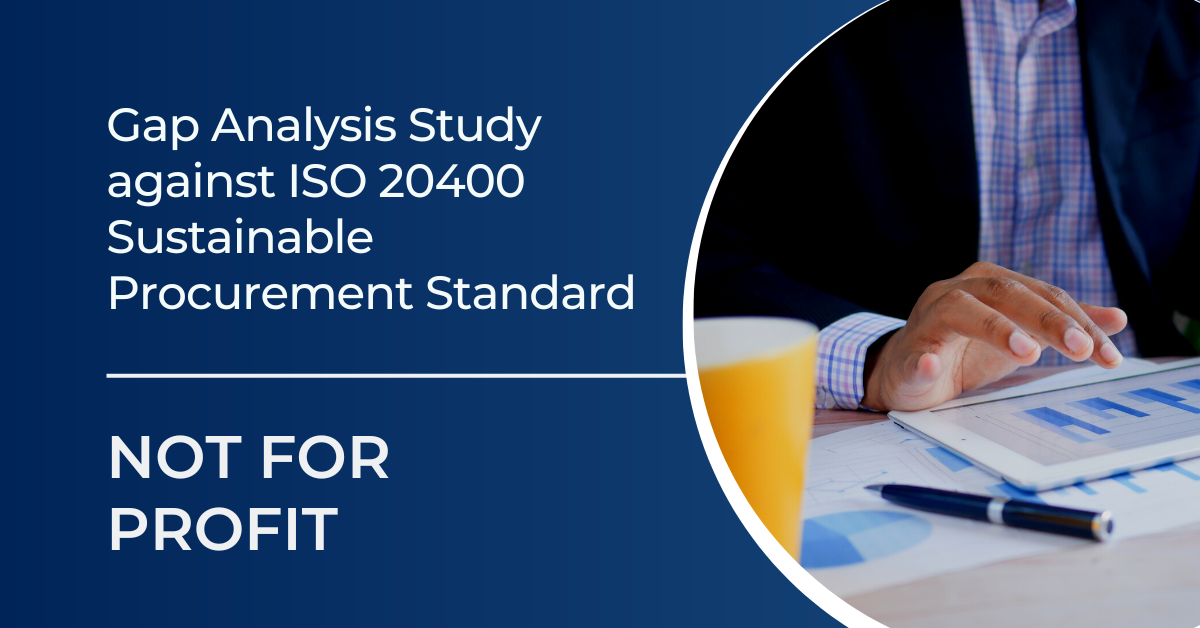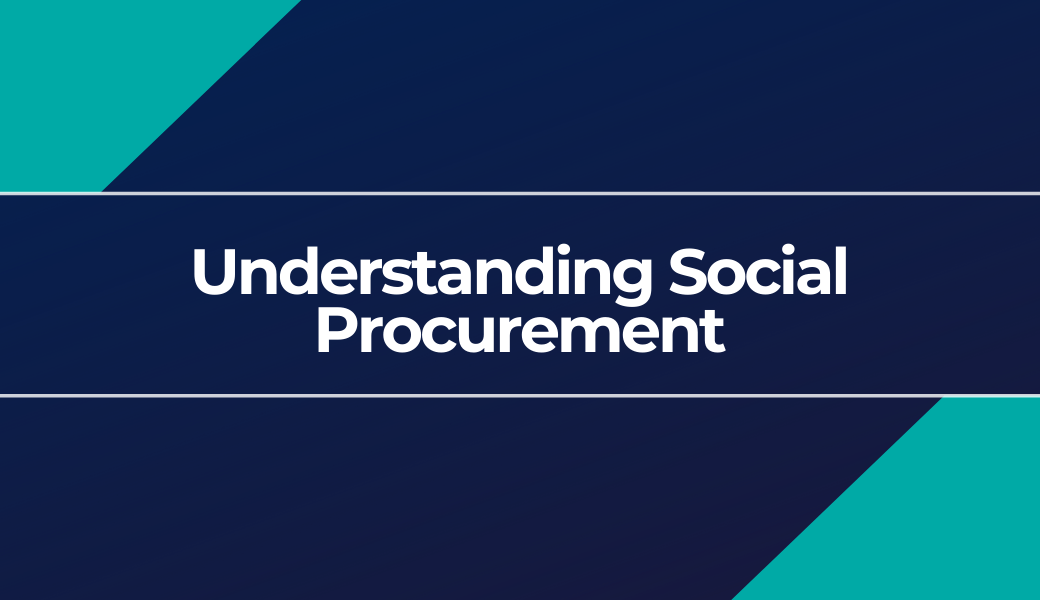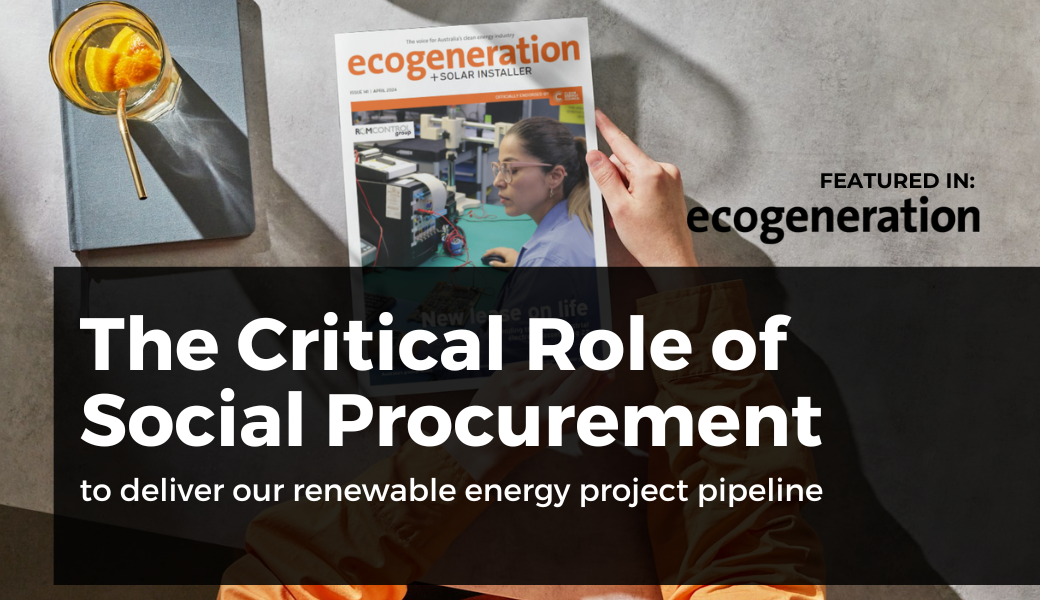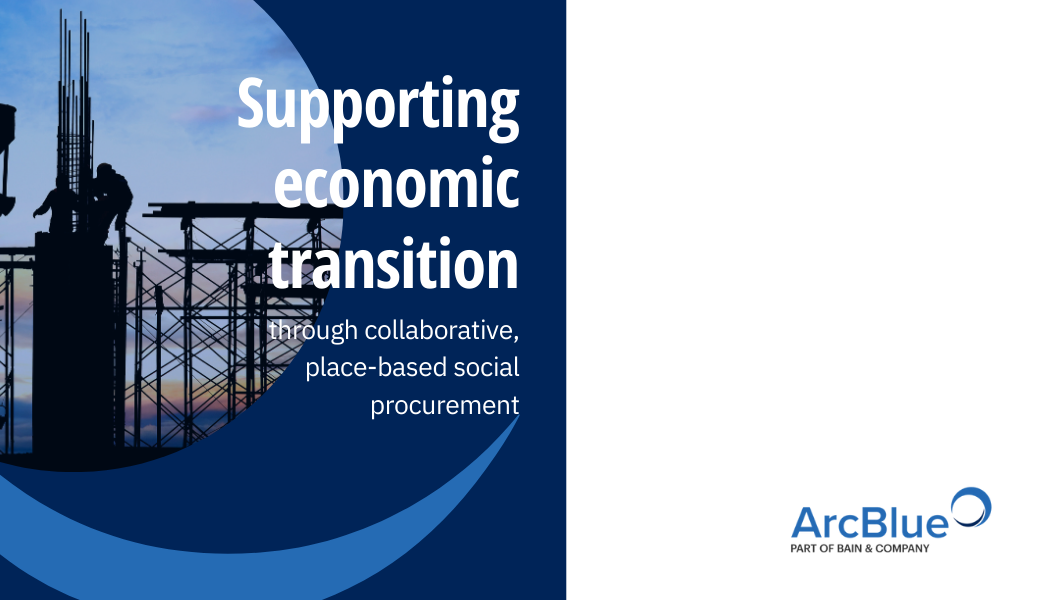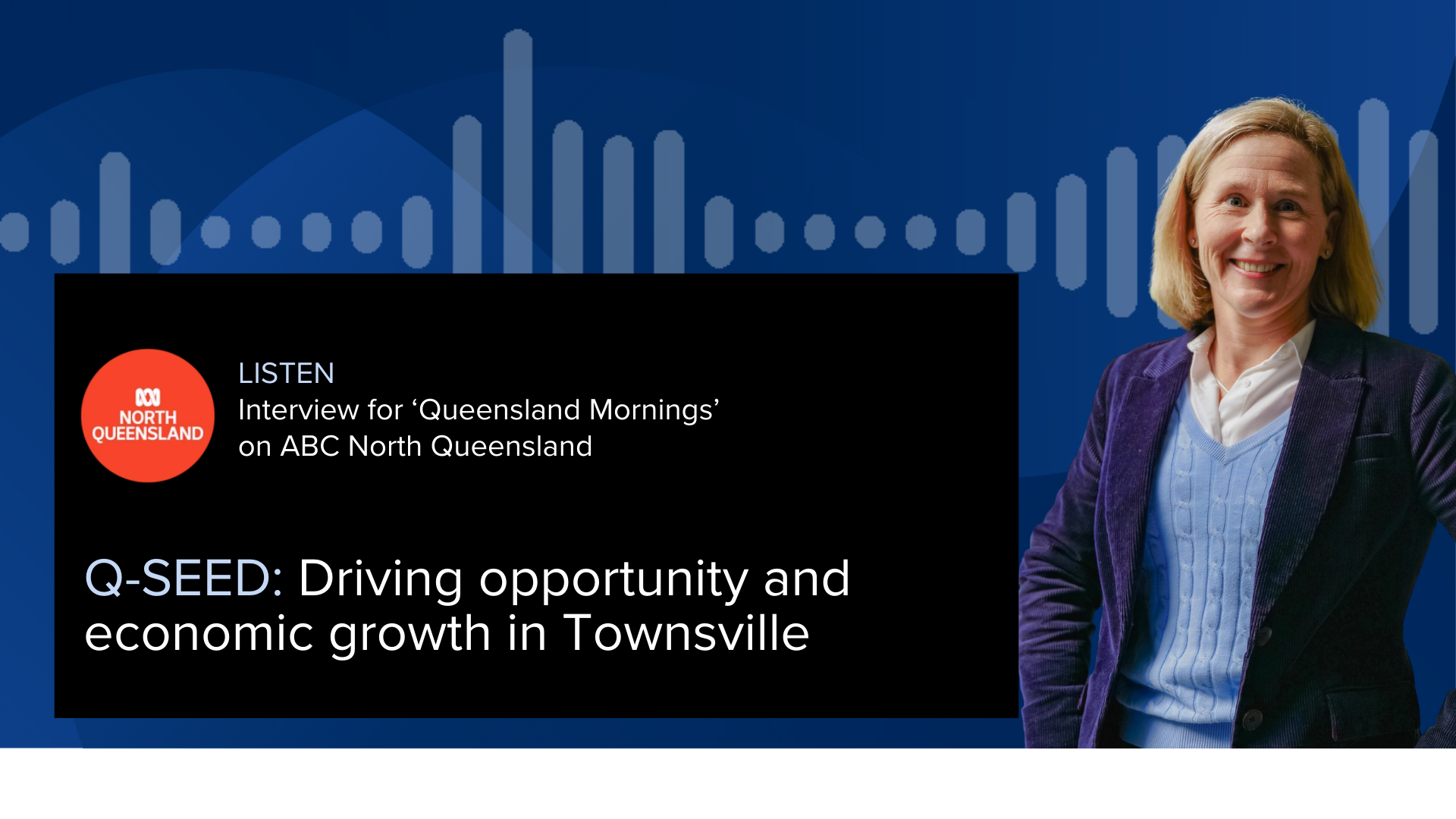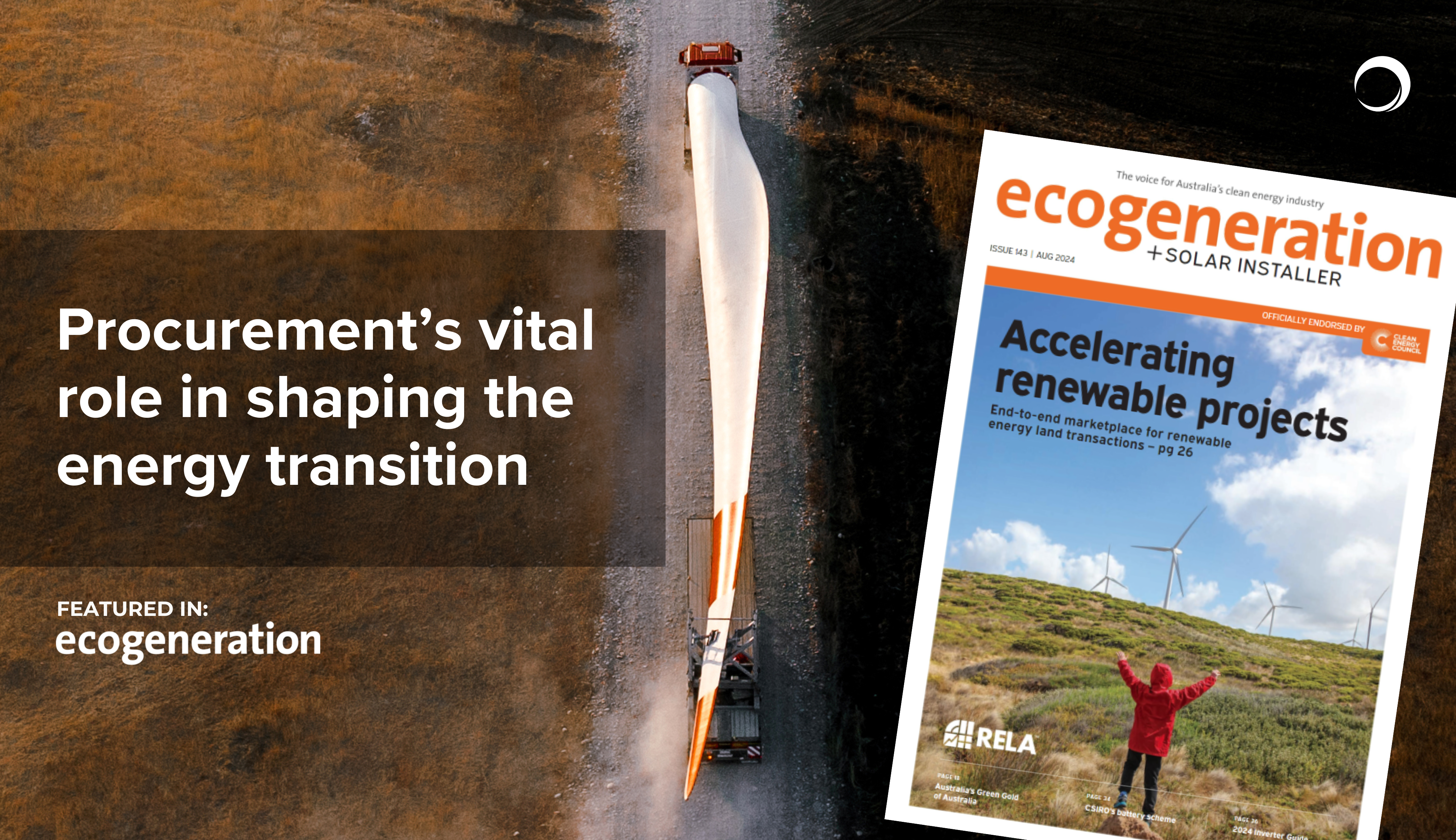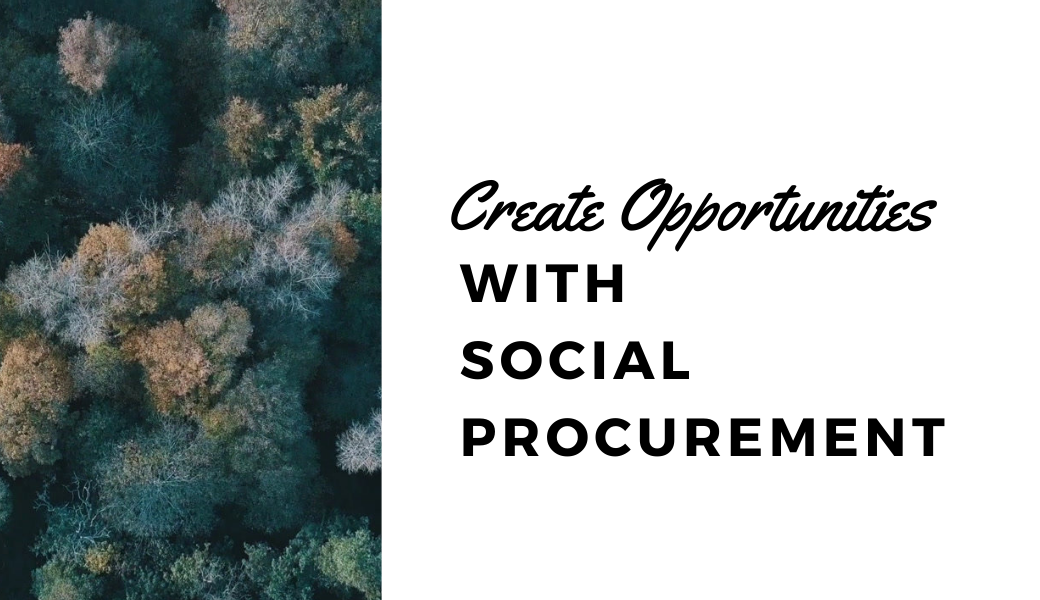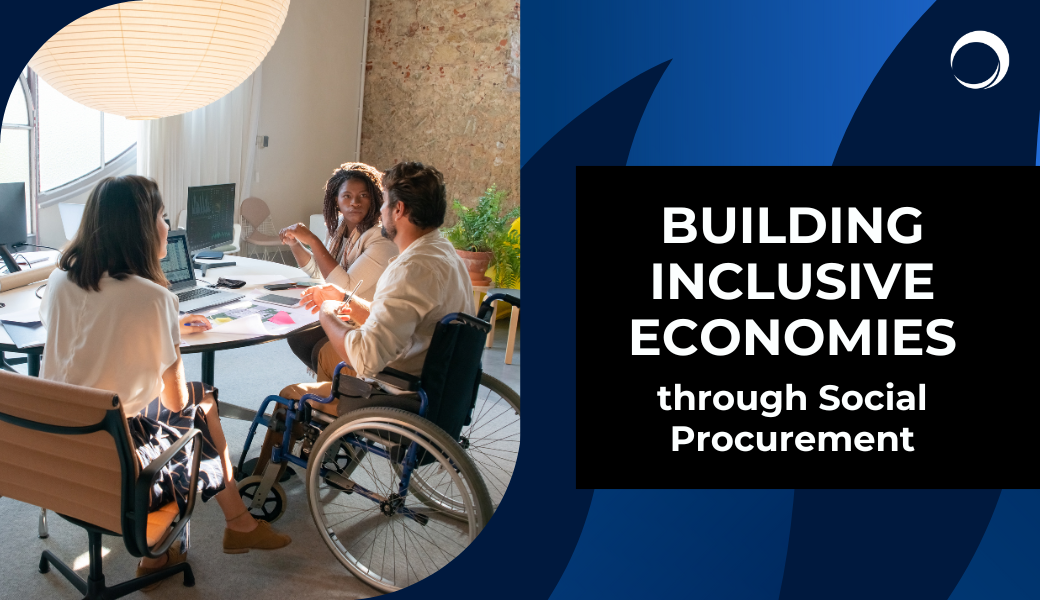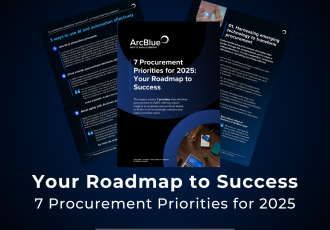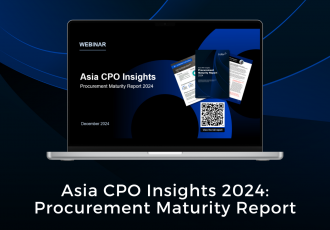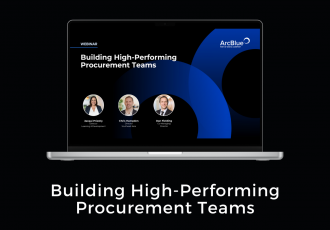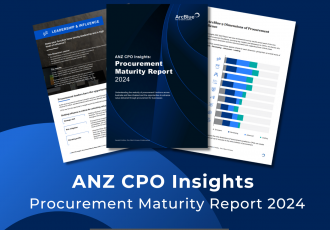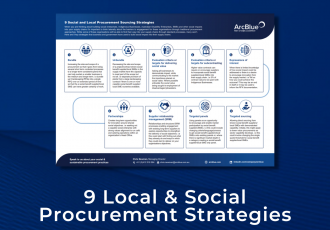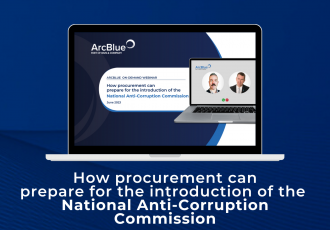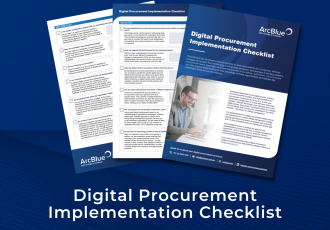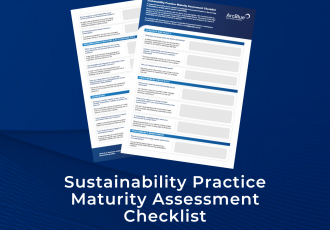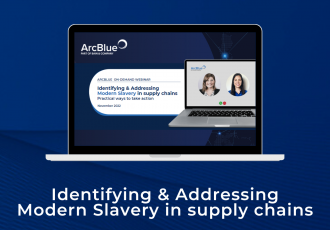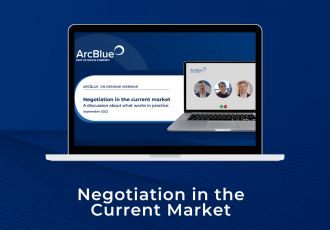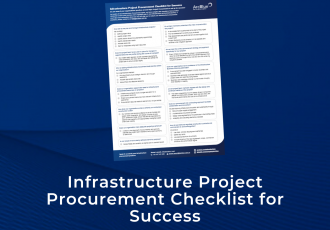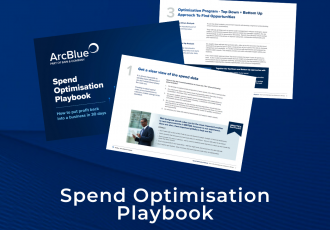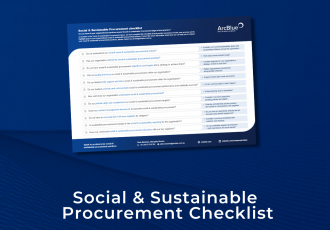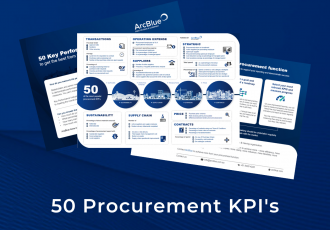ARCBLUE SERVICES
Place-Based Programs
Drive local economic development and address disadvantage
We design and deliver place-based collaborative programs to drive local economic development and address disadvantage through local and social procurement and inclusive employment.
Place-based social procurement programs seek to strengthen regional, social and economic outcomes and increase job opportunities through procurement and employment.
They support buyers to embed social procurement into their processes and practices, and support suppliers to access new opportunities.
A place-based approach seeks to identify the local supply chain: buyers, suppliers and employers with whom they can embed social procurement principles and increase the visibility of local buyers, suppliers and employers.
ArcBlue is a thought leader in the space of place-based social procurement programs and we passionately lead the development of these practices.
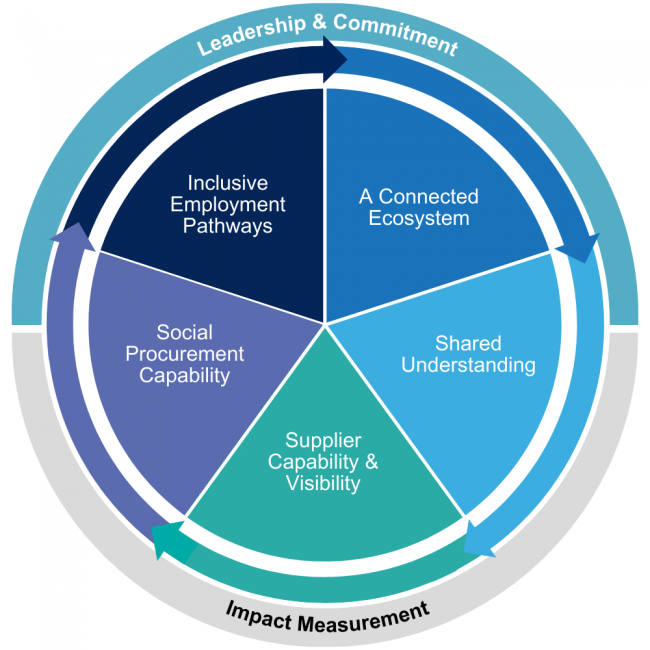
Our view on Place-Based Programs
Communities are motivated by projects that support place-based attachment. When a project is place-based, the community considers it of benefit, and accepting the project in a positive manner. Thus a place-based model is identified as critical in ensuring the buy-in of a community. Where a program such as SEED is implemented in a regional area, the buy-in of the community is an important feature in ensuring that the program is adopted and owned by those who participate in it. SEED is a program model that identifies place-based problems, and place-based opportunities to resolve them. However, resolving economic and employment-based issues in regional areas is not possible without the buy-in and support of local stakeholders.
Many Government agencies are now looking for the best way to deliver real outcomes generated through their investment, particularly within the communities where their projects are being built. Increasingly the concept of ‘place-based’ approaches is taking hold.
Yet in most communities there is not the organising model for agencies to partner with to generate quality local outcomes. Equally, these government agencies cannot generate place-based approaches via individual projects as, by definition, place-based approaches must come from the community.
Why a place-based approach?
- It is widely acknowledged that many of the places that need most do not get the true economic benefit from investment in their regions.
- A place-based approach is crucial to ensuring investment in local communities reaches the people who need it most
Place-based approaches can:
- Target the specific circumstances of a place and engage local people as active participants in development and implementation, requiring government to share decision-making
- Complement the bigger picture of services and infrastructure
- Place-based approaches have proven to be critical in anchoring investment in areas of entrenched disadvantage through social and local procurement and inclusive employment. We describe this approach as ‘organising the community to harness the investment coming into the region’.
- Place-based approaches enable communities to inform and broker local social procurement outcomes
The SEED Program
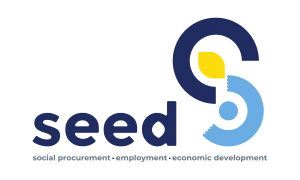
SEED is a place-based program that builds a network of leading private and public industry partners working together to create economic opportunities for local people and businesses in regions.
Based on international and Australian best practice, SEED works to create jobs and strengthen regional economies through building collaboration and driving social and local procurement and inclusive employment outcomes, including: growing jobs for local residents and embedding structural change.
- SEED is a ‘place-based’ project that draws on the resources of the region
- SEED seeks to creates cultural change in the way business is done
- SEED requires a collaborative approach from all sectors actively working to create positive change
- SEED recognises and builds on the good work already happening in regions,adding value, facilitating connections, and filling gaps where needed
- SEED builds on data and evidence gathered from regional national and international sources as well as participating organisations
- SEED is a living project that needs to respond to the community’s needs
Harnessing Existing Investment
As well as refocusing ‘business as usual’ spend, SEED targets major projects to ensure investment in the region creates local outcomes.
Both State infrastructure pipelines and local capital projects provide massive opportunities to create jobs and training. Regions need to be prepared to provide a ‘ready workforce’ for these projects or the economic benefits are not locally realised.
Place-based Programs are digitally enabled through the SEED Hub
- Templates & Toolkits
- Outcomes Measurement & Reporting
- Supplier Engagement Platform
- Major Projects Support
- Local Spend Tracker
- Inclusive Employment Dashboards
- News & Community Forums
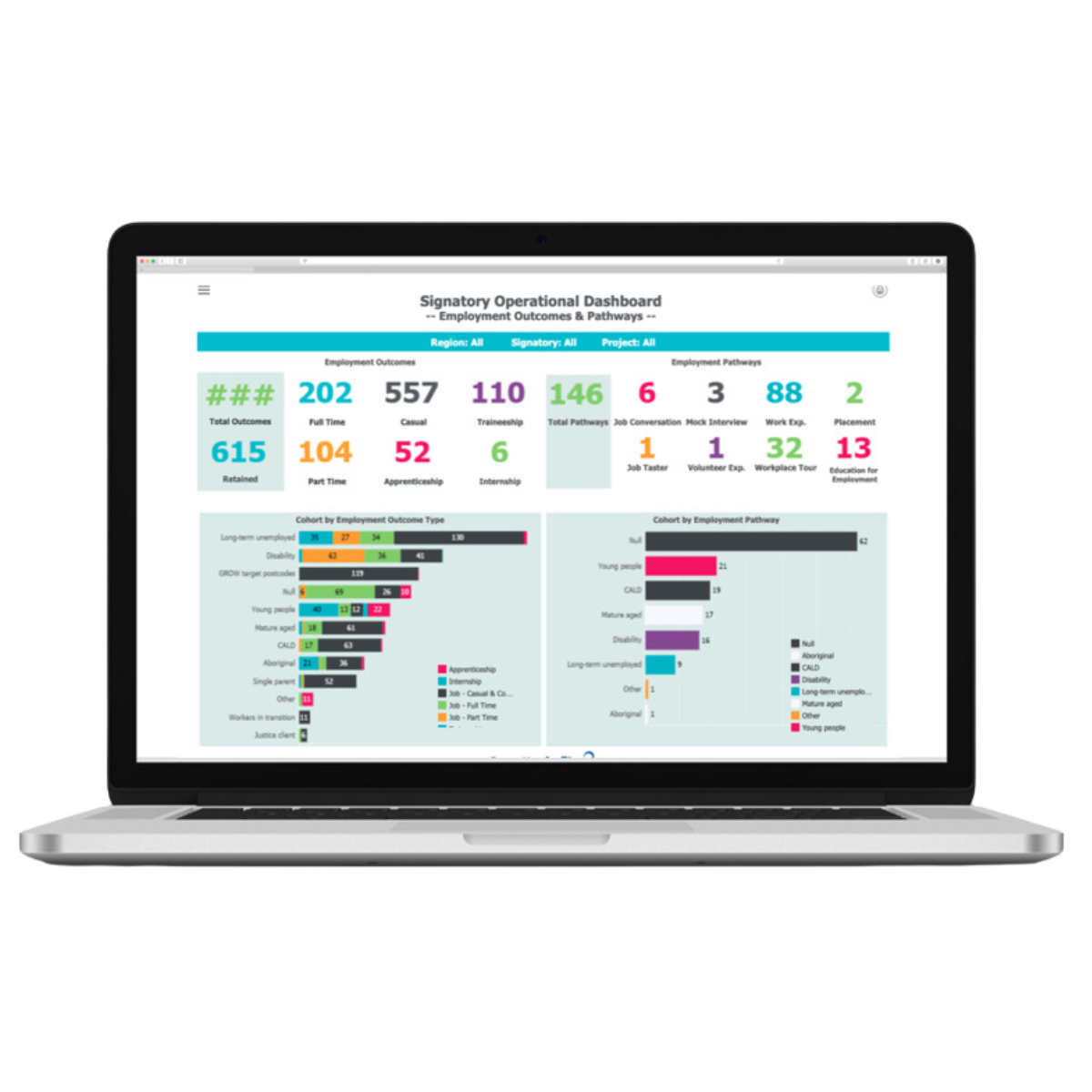
Looking to harness procurement to drive local economic development in your region?
ArcBlue are leaders in place-based social procurement programs. Our specialist team have extensive experience strengthening regional, social and economic outcomes through procurement and employment. Speak to us to find out more about the different place-based programs ArcBlue has designed, supported and led.
OUR EXPERIENCE
Place-based Social Procurement Progam
Modern Slavery Risk Assessment Methodology
Gap Analysis Study against ISO 20400 Sustainable Procurement Standard
Due Diligence Framework and Review
INSIGHTS
RESOURCES & DOWNLOADS






